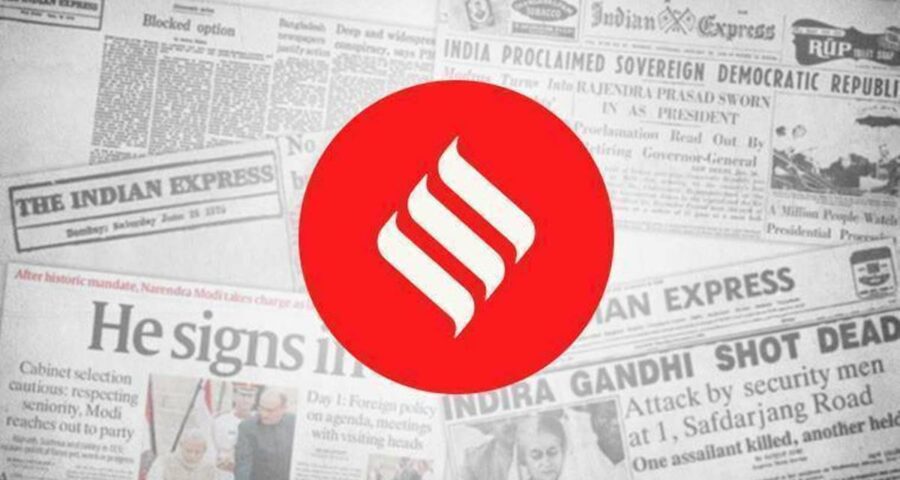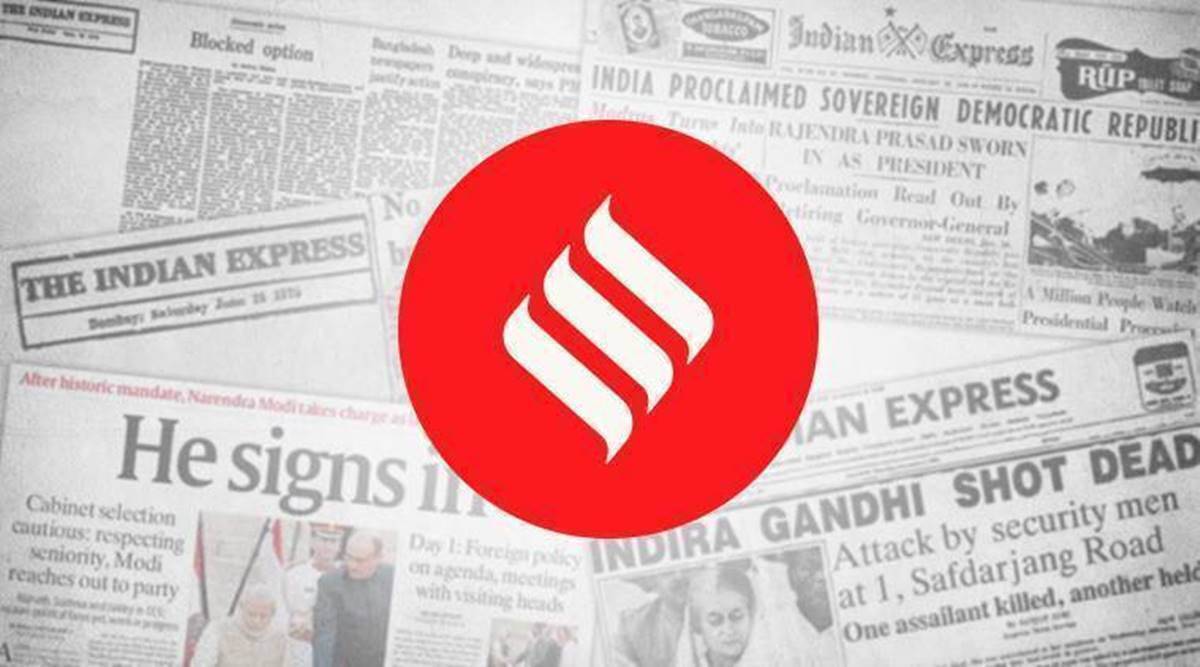Rakesh Asthana’s appointment as Delhi’s police commissioner will be closely watched
There is no escaping the fact that the seat of the Delhi Police Commissioner, in these polarised times, is a lightning rod. More so when in the frequent tussles between the elected government in the national capital and the Centre, the office of the Commissioner is seen as a proxy for the Centre and the person in the seat has often appeared to be acting at the behest of the latter. The controversial appointment of Rakesh Asthana by the Centre just four days before he was due to retire and two months after the Supreme Court ruled that Asthana could not be CBI chief because he had less than six months to go in his tenure, sends a disquieting signal.
His appointment — certainly in spirit if not in letter — is about an overweening Centre placing its own man at the head of Delhi’s law and order apparatus. This despite the apex court making it clear that an IPS officer close to retirement ought not to be placed in an office that provides him with a year-long extension. In fact, it is this verdict that has been used by the Delhi Assembly to pass a resolution opposing Asthana’s appointment Thursday. This, in addition to the fact that Asthana does not belong to the AGMUT cadre — previously the Union Territory cadre — from which Delhi Police Commissioners have customarily been appointed. Asthana was also involved in a public turf war within the CBI and was head of the pro-active Narcotics Control Bureau when it arrested Rhea Chakraborty, friend of actor Sushant Singh Rajput, and veritably chased a flock of wild geese on suspicion of drug use and trafficking.
Asthana takes charge when the Delhi Police hasn’t exactly covered itself in glory. During the Covid pandemic, some of its men and women did exemplary work on the field. But that hardly chips the tarnish. At the Jamia Millia Islamia and Jawaharlal Nehru University campuses, it pitted itself against students. During the Delhi riots and in their aftermath, its role has raised questions. Its sweeping definition of “terror” and “national security” has been seen more as a ploy to hound rather than ensure due process. As recently as July 28, the Delhi High Court declined to stay a lower court order that criticised the Delhi Police for failing to register an FIR on a victim’s complaint. Asthana’s case files cover a broad sweep: from the Bihar fodder scam to stints across Gujarat including his investigation of the Godhra train attack, the Ahmedabad serial blasts and the Hardik Patel sedition case. Unlike his predecessor, his reputation is linked to his proximity to the powers that be. This adds to his challenge. As Delhi Police Commissioner, what Asthana does has implications beyond the city’s limits. That the state government has no control over the police has been a longstanding political issue. How mindful he is of that and how he deals with the people of Delhi — especially when they exercise their Constitutional right to protest — will be closely watched. Asthana has done many a job, this one is, perhaps, the one that could matter the most.
Source: Read Full Article


